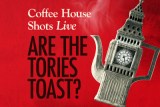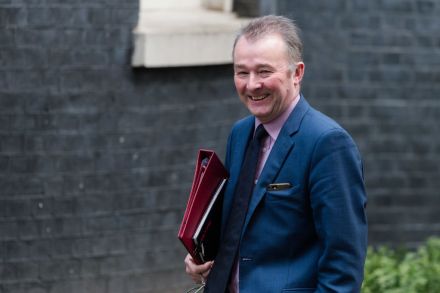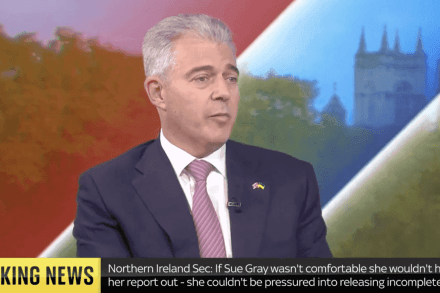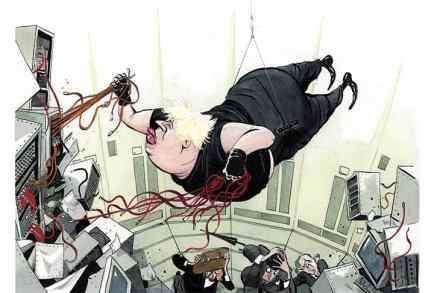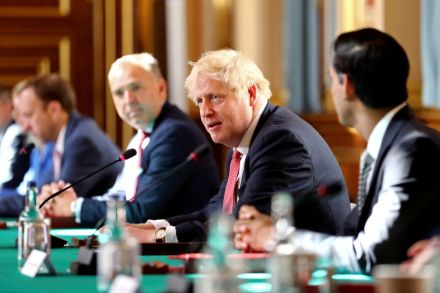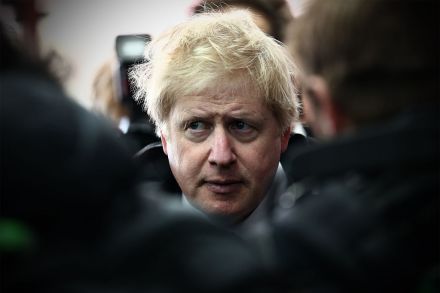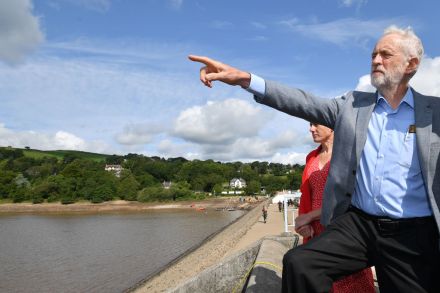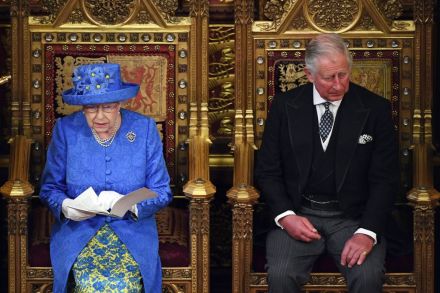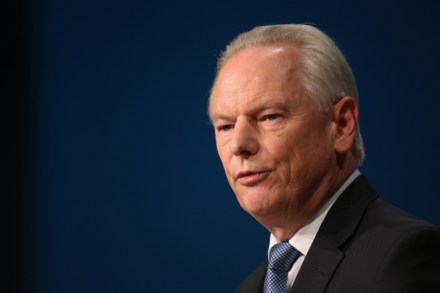Iran is isolated against the US and Israel
America’s entry into the war against Iran is the latest step up an escalation spiral that began in October 2023. What started with an attack by a Palestinian Islamist organisation on a poorly defended Israeli border, and then became a fight between Israel and a series of Iran-supported Islamist paramilitary groups by the end of 2023, and then extended to limited exchanges between Israel and Iran itself in April 2024, and then turned into war between Iran and Israel, has now become a confrontation pitting the US and Israel against their longest standing and most powerful adversary in the Islamic world. Now at war with both Israel and the US, it







